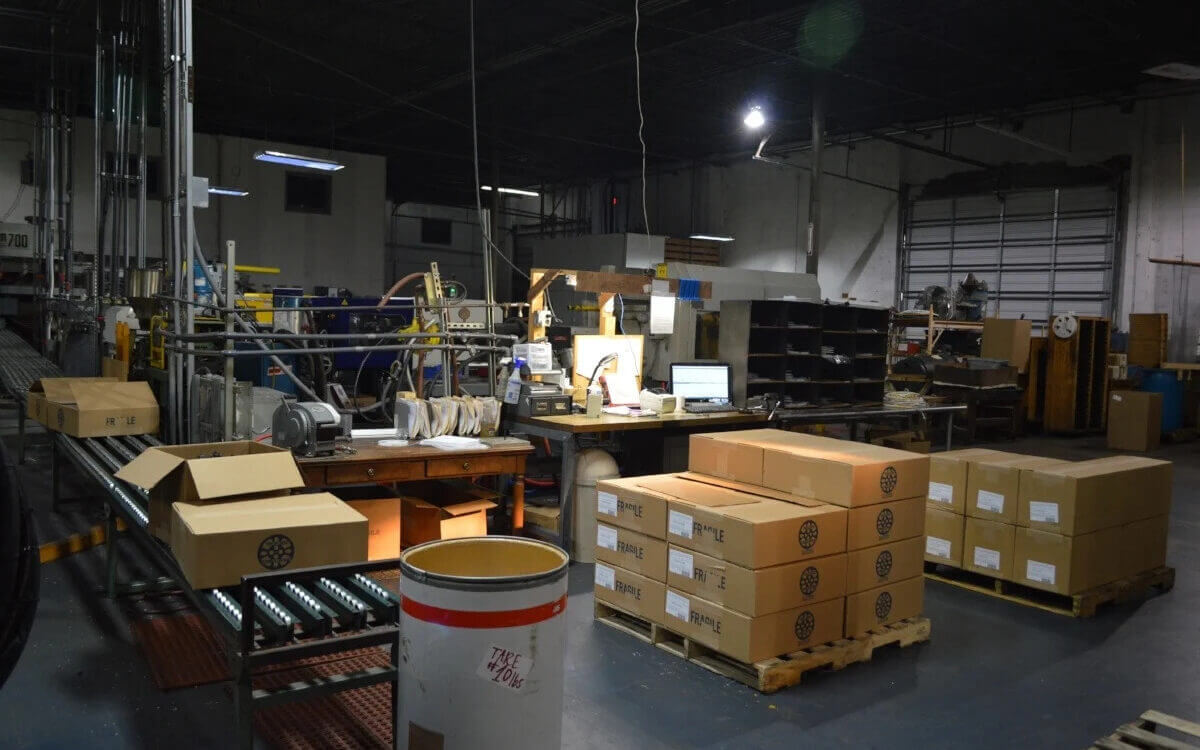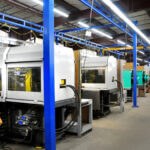December 11, 2023•
Plastic Injection Molding, Plastic part manufacturing•
Bill Hall
In a world increasingly aware of environmental issues, the plastic manufacturing industry has been under scrutiny for its ecological impact. However, within this sector, sustainable injection molding is emerging as a beacon of hope, and we at Murray Plastics want to be a part of this change. As we navigate the challenges posed by plastic waste, eco-friendly plastics, and innovative manufacturing practices are reshaping the landscape of plastic injection molding, paving the way for a more sustainable future.
The Urgency of Sustainable Injection Molding
Plastic injection molding has long been a cornerstone of manufacturing due to its efficiency and versatility. However, the environmental toll of conventional plastic production cannot be ignored. The sheer volume of plastic waste, coupled with the slow decomposition rate, has led the industry to reconsider its practices. Sustainable injection molding represents a crucial shift towards greener alternatives and responsible manufacturing.
Eco-Friendly Plastics: A Game-Changer
One of the key components of sustainable injection molding is the adoption of eco-friendly plastics. Traditional plastics are derived from fossil fuels and contribute significantly to carbon emissions. In contrast, eco-friendly plastics are made from renewable resources like biopolymers, which are derived from plant-based materials such as cornstarch or sugarcane. These materials not only reduce the reliance on non-renewable resources but also decrease the carbon footprint of the manufacturing process.
Furthermore, biodegradable plastics offer a promising solution to the plastic pollution crisis. These plastics can break down naturally, reducing the long-term environmental impact. Manufacturers are increasingly investing in research and development to create durable yet compostable materials that maintain the integrity of the product while minimizing environmental harm.
Closed-Loop Systems and Circular Economy
Sustainability in plastic injection molding extends beyond the materials themselves. Closed-loop systems and circular economy principles are gaining traction as manufacturers seek to minimize waste and maximize resource efficiency. In a closed-loop system, the plastic materials are recycled and reused within the manufacturing process, reducing the demand for new raw materials.
Adopting a circular economy mindset involves designing products with end-of-life considerations in mind. This means creating products that are easy to disassemble and recycle, ensuring that materials can be reintegrated into the production cycle. By embracing these principles, plastic injection molding is evolving into a more responsible and sustainable industry.
Future Prospects: A Greener Tomorrow
As sustainable injection molding gains momentum, the industry's future looks increasingly promising. Continued research and development in eco-friendly materials, coupled with advancements in manufacturing processes are reshaping the narrative surrounding plastic production.
By embracing sustainability, we are not only reducing our environmental impact but we are also reaping the benefits of consumer loyalty. The adoption of sustainable injection molding practices and the rise of eco-friendly plastics are pivotal steps toward mitigating the environmental impact of plastic manufacturing. The industry is at a crossroads, and the choices made today will shape the future of plastic injection molding. By prioritizing sustainability, embracing new materials, and fostering collaboration, Murray Plastics can help contribute to a greener and more sustainable tomorrow.
Last modified: January 9, 2024



